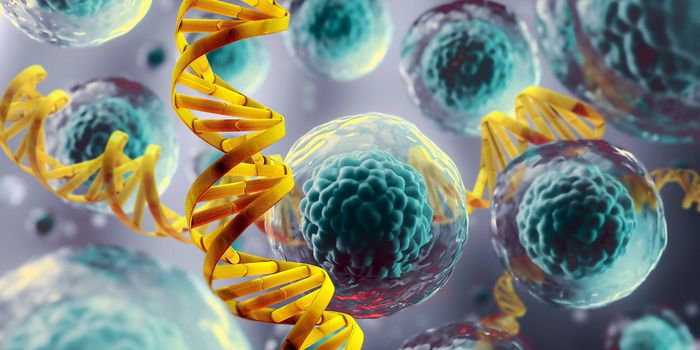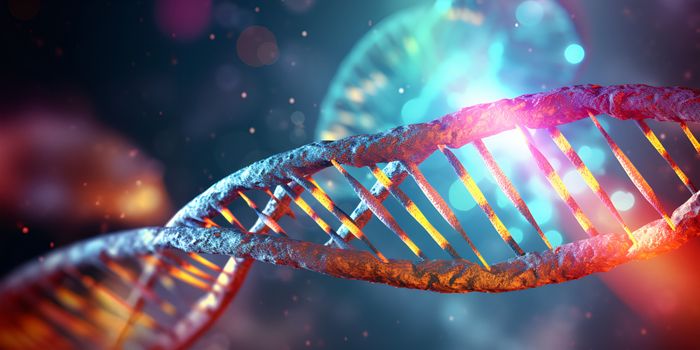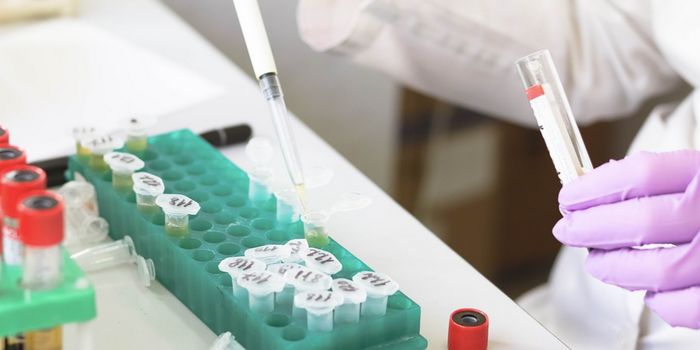Inflammation Can Cause Mood Changes & Anxiety
Clinicians and patients have long reported mood swings, behavioral changes, and other mental health issues after an infection or autoimmune flare. Now scientists are starting to learn more about why these psychological symptoms can occur during inflammatory disease. In a study reported in Cell, researchers used a mouse model to learn more about the exact effects that excessive amounts of immune signaling molecules called cytokines can have on the brain.
In a mouse model, scientists found that two cytokines called IL-17A and IL-17C can raise the neuronal activity levels in a part of the brain called the amygdala, which is related to the processing of stress and emotions, and is sometimes known as the fear center. As the levels of IL-17A and IL-17C in the brain went up, mice began to show more signs of behaviors that correspond to anxiety; these mice spend less time exploring, and more time away from open spaces.
When the receptor that binds to cytokine IL-17A was blocked in the mice, there was an increase in IL-17A and IL-17C levels, which also raised the activity of the amygdala and worsened anxiety behaviors.
However, an anti-inflammatory cytokine called IL-10 reduced neuronal activity in the amygdala, which lowered anxiety behaviors. The study suggested that immune signals, both those that increase and those that decrease inflammation, could be interacting with the brain directly to affect mood and behavior.
Although this work still has to be confirmed in humans, it may aid in the development of treatments that could alleviate these problems, which may potentially also relieve other anxiety disorders.
“Identifying where and how cytokine receptors work in the brain, we have begun to unravel the complex relationship between the nervous and immune systems in the effect of this complex crosstalk on mood and behavior,” said co-corresponding study author Jun Huh, an associate professor at Harvard Medical School. “We hope these insights could eventually lead to new treatments for conditions like autism and anxiety disorders.”
Another related study reported in Cell used a mouse model of autism to show that the cytokines IL-17A, IL-17B, IL-17E, and IL-17F can enhance social behaviors. Although these mice are less interested in socializing with other mice compared to neurotypical mice, they became more social after being given these cytokines. The repetitive behaviors of these mice were also reduced.
Sources: Harvard Medical School, Cell









